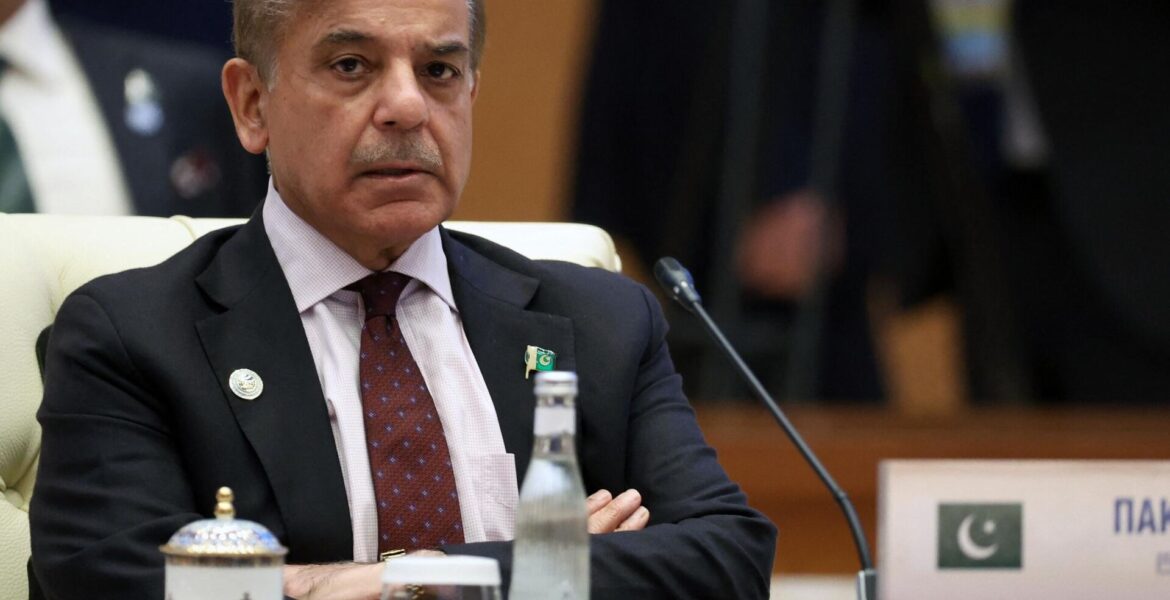Pakistan has received 340 recommendations from the United Nations member states regarding its fourth Universal Periodic Review (UPR) report on the human rights situation in the country. The Pakistan government will review these recommendations and provide a report to the UN Human Rights Council (HRC) at its upcoming 53rd session later this month.
The discussion on Pakistan’s 4th UPR was mostly critical as several countries pointed out blatant human rights violations in the country against journalists, women, religious and ethnic minorities, and the military establishment’s involvement in politics. It is noteworthy that Pakistan received 289 recommendations in its last UPR in 2017, of which majority were not accepted by the government authorities.
After the discussion on Pakistan’s human rights performance since the 2017 review, a draft report prepared by the UNHRC Working Group on Universal Periodic Review stated: “All conclusions and/or recommendations contained in the present report reflect the position of the submitting state(s) and/or the state under review. They should not be construed as endorsed by the Working Group as a whole.”
During the interactive session, 122 delegations presented their statements. Several countries demanded ratification of the International Convention for the Protection of All Persons from Enforced Disappearance, which has been pending since 2010, and incorporate it into Pakistan’s domestic law.
Canada suggested the Pakistani delegation, led by Minister of State Hina Rabbani Khar, to establish a robust policy and implementation mechanism to secure the registration of female voters and shield them from violence. The United States called for the “repeal or revision of blasphemy laws and the termination of discriminatory laws” targeted towards members of the Ahmadi and other minority religious groups.
Whereas Australia demanded upholding freedom of expression, including by amending the Protection of Journalists and Media Professionals Act of 2021, to avoid unnecessary restrictions on journalists and protect their safety and welfare.
Based on Pakistan’s dismal human rights track record, Poland called for ‘strict’ adherence to the freedom of religion or belief as outlined by international human rights law, including: reforming blasphemy laws, particularly the provision for the death penalty for blasphemy which leads to extrajudicial killings; eliminating discriminatory laws aimed at members of religious minority groups; and stopping the abductions, and forced conversions of women and girls from minority religious communities.
Spain and Switzerland recommended reforming those blasphemy laws that include a mandatory death penalty in Pakistan.
The Human Rights Commission of Pakistan (HRCP) reports that the country’s human rights record is marred by practices such as torture, enforced disappearances, child labour, violence against women, suppression of independent journalists, censorship of social media, and persecution of religious minorities such as Hindus, Christians, Sikhs, Shias, and Ahmadis. Additionally, the HRCP highlights Pakistan’s support for terrorism and China’s persecution of Uyghurs.
Since the last Universal Periodic Review in 2017, the HRCP has noted that the Pakistani authorities have not taken sufficient steps to improve the human rights situation. This is evident from the fact that of the 289 recommendations in the third UPR, Pakistan accepted 168, “noted” (i.e., did not accept) 117, and rejected four. As a result, many of the recommendations ‘accepted’ by Pakistan after the 2017 review have not been implemented or partially implemented.
In Pakistan, the infringement of the freedom of opinion and expression has become increasingly prevalent since the third UPR (2017). The ability to express opinions and access information has significantly diminished, as evidenced by the frequent instances of abuse and violence that endanger the safety of journalists, human rights advocates, and the public.
The arbitrary enforcement of other laws, such as the Fourth Schedule of the Anti-Terrorism Act 1997, commonly used in the Gilgit-Baltistan region, the law against sedition under Section 124-A of the Pakistan Penal Code, frequently used against political opponents and activists, and the Official Secrets Act 1923, used against human rights defenders like activist Idris Khattak, further limits freedom of expression.
Pakistan’s media views certain subjects as politically sensitive, including: the military’s involvement in government affairs, functions of security and intelligence agencies, Pashtun Tahafuz Movement (PTM), Ahmadiya community, China-Pakistan Economic Corridor, and certain human rights abuses like enforced disappearances and custodial torture. As a result, a pattern of censorship and self-censorship of articles that cover these topics has developed. Several known journalists like Matiullah Jan, Asad Toor, and even former PEMRA chairman Absar Alam, etc, were abducted and physically harmed by the state intelligence agencies for raising voice against the powerful military.
Ahead of Pakistan’s fourth UPR on January 30, Rimmel Mohydin, regional campaigner at Amnesty International, said: “The assessment presents a crucial opportunity for UN Member States to peer review Pakistan’s human rights record and to hold the authorities accountable for their failure to uphold their human rights obligations and commitments.” Additionally, HRCP and International Federation for Human Rights called on Pakistan to end impunity for attacks against the media, both online and offline.[15]Looking at the last UPR cycle, it is highly unlikely that Pakistan will implement additional recommendations given by UNHRC members to improve the human rights situation.


